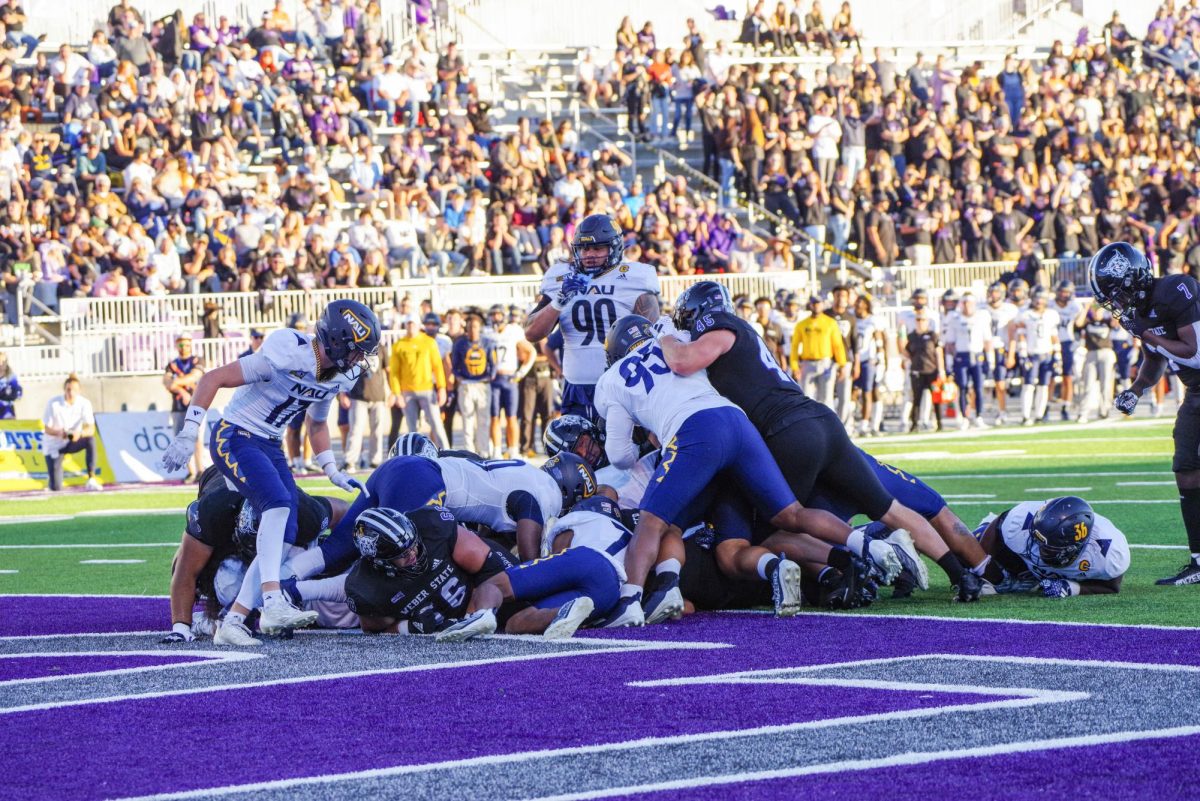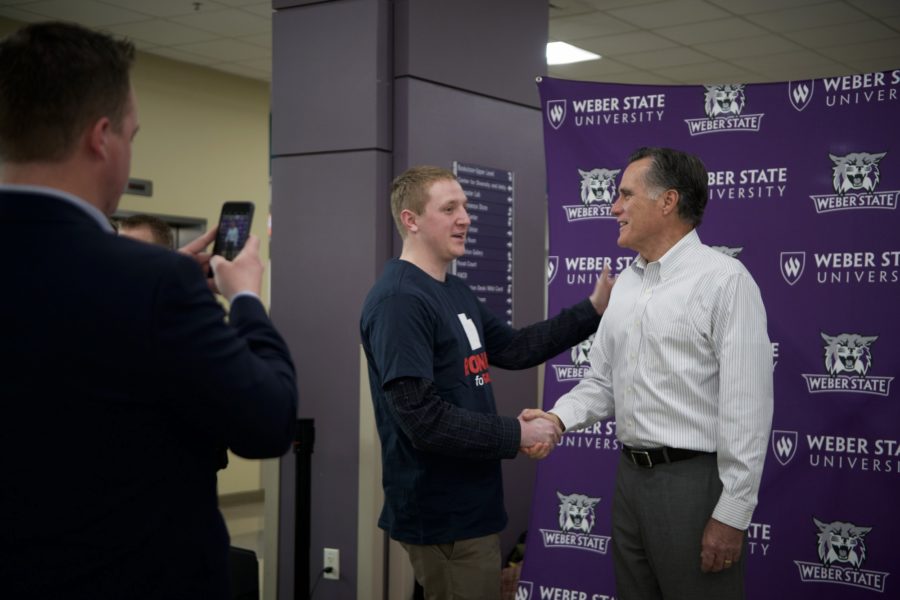
Digital privacy is a growing concern among modern Americans. The Stewart Library presented a cyber-security panel on Nov. 20 discussing privacy and security in the digital age. The panel, entitled “The End of the Internet?”, featured John Mejia, legal director of the American Civil Liberties Union of Utah; Eric Swedin, a Weber State University historian; Julie Park, privacy officer at The Church of Jesus Christ of Latter-day Saints; and Gary Johnson, a political scientist from WSU, with WSU computer science professor Luke Fernandez moderating.
The panel focused on the ideas of security online, and how essential having that sort of security is. Talk centered on the government information-gathering from earlier this year, and the ethical and legal connotations of the National Security Agency’s actions in collecting data.
“I think government has the power to squash independent thought,” Johnson said. “We are a free society, a marketplace of ideas . . . and free public discourse is integral to the American way of thinking.”
The panel went on to discuss how the Patriot Act allowed the Executive Branch of the government the power to gather information in the name of public safety.
“How much privacy are you willing to give up for security? There has to be an element of secrecy to achieve security,” Park said. “I think the real debate is, where are the American people comfortable? How much are we willing to let go in the interest of our national security?”
Johnson said the lack of court rulings on information-gathering from the government is because the courts are behind the times.
“The Supreme Court hasn’t even ruled on email privacy yet, and now we’re talking about whether or not Target’s going to notify your husband that a woman’s pregnant before she does,” he said. “The technology outpaces the legal system because courts are passive institutions and have to wait for things to come to them. Government is miles and miles . . . behind what’s happening in society.”
Park explained that the principles of privacy include choice and consent, fair access and lawful methods of collection, disclosure of third-party access to information, security, and quality.
“(The US government has) already come out and said, ‘Just because we can doesn’t mean we should,’” she said. “I would want to reserve the right to have some information about me that not everyone needs to know. . . . There is a limitation principle which I think the NSA is having a problem with, which is (that) you should only collect information for which you have a legal or legitimate business need, and you should not collect anything beyond that business need.”
Swedin also said he believes the NSA overstepped its bounds. “I think that they went too far there, because that would eventually be revealed, and that hurt American Internet countries. So that mentality was actually damaging. There’s no evidence that the NSA has been able to use this data to do anything they set out to do.”
Mejia spoke about how the Internet has started to change how society views security. “The Fourth Amendment itself says it’s unreasonable search and seizure. So the idea of what society considers unreasonable drives the courts . . . what we consider reasonable, what the courts consider reasonable, will shape the law. (The Internet) definitely does have an impact on what we expect to be private . . . if there’s no reasonable expectation of privacy, it’s going to be harder to say we can keep the government, or anybody else, out.”
Johnson emphasized the importance of security and privacy in all aspects of life. “I think that, if you know you’re being observed, your speech is inhibited,” he said. “Your privacy being violated inhibits the ability of political discourse, personal discourse or anything else.”
















